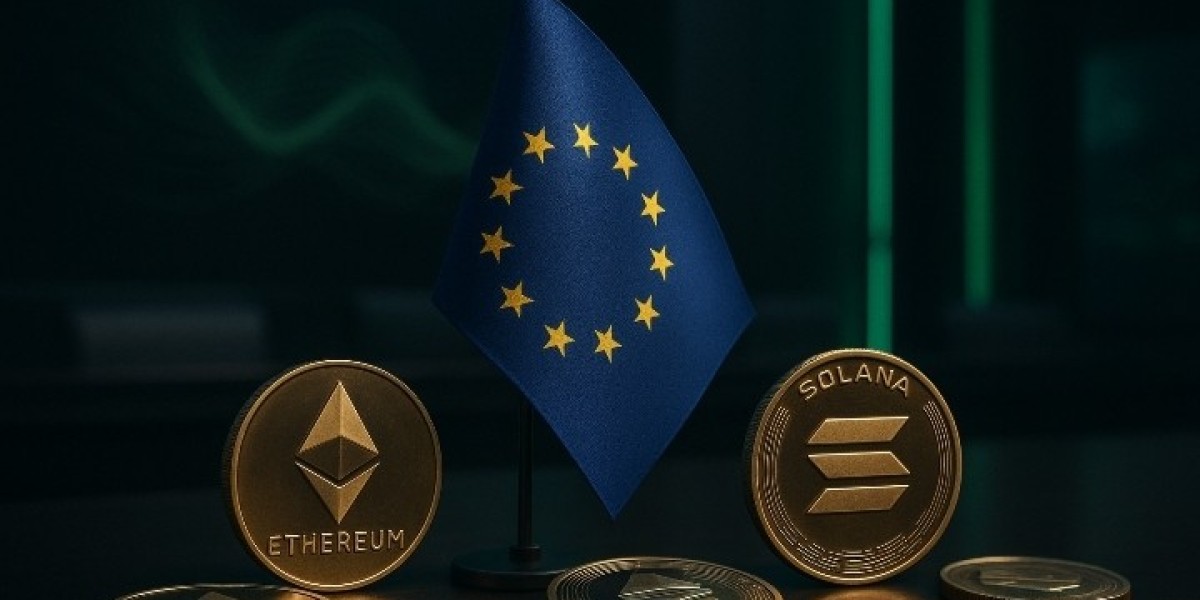The digital finance landscape is witnessing a historic transformation as stablecoins continue to expand their role in global payments. According to recent data, the total transaction volume of stablecoins surged past $6 trillion in Q3 2025, officially surpassing Visa, one of the largest traditional payment networks in the world. This achievement highlights the increasing trust and reliance placed on blockchain-based assets for daily and cross-border transactions.
Stablecoins, such as USDT and USDC, have become essential tools for both retail and institutional users. Their stability, fast transaction speed, and low costs have made them highly competitive against conventional financial systems. This momentum is also driven by the growing demand for decentralized finance (DeFi) platforms, remittances, and international trade settlements, where stablecoins play a pivotal role.
The comparison with Visa is particularly significant. For decades, Visa has dominated global payments with its robust infrastructure and widespread adoption. However, the fact that stablecoins have overtaken Visa in transaction volume suggests a paradigm shift in how people and businesses perceive money. Instead of relying solely on centralized intermediaries, many are embracing decentralized solutions that offer more flexibility and inclusivity.
Looking ahead, experts predict that stablecoins will continue to disrupt the global financial sector. While regulatory challenges remain, their undeniable growth signals a future where blockchain technology and digital currencies become a standard part of everyday financial activities. This milestone not only reflects the power of innovation but also sets the stage for a more digital, borderless economy.








